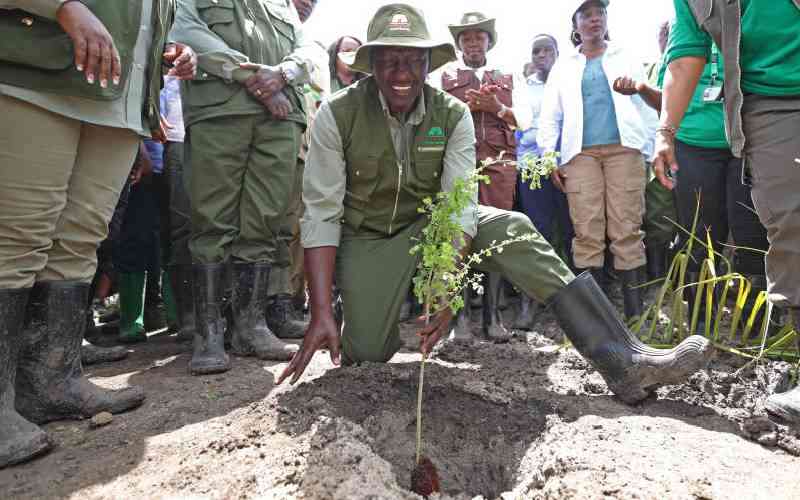
The global call for climate justice has gained momentum, rightly emphasising the need to protect our planet. However, amidst discussions about intergenerational climate justice, the equally crucial aspect of intragenerational climate justice-the fair and equitable distribution of climate burdens and benefits within the current generation-often remains overlooked
Climate change, a global phenomenon, acts as an amplifier of existing social and economic disparities, disproportionately affecting marginalised communities and developing nations. Despite contributing minimally to greenhouse gas emissions, these communities bear the brunt of climate change effects, with rising sea levels threatening coastal regions and erratic weather patterns exacerbating food insecurity and displacement.